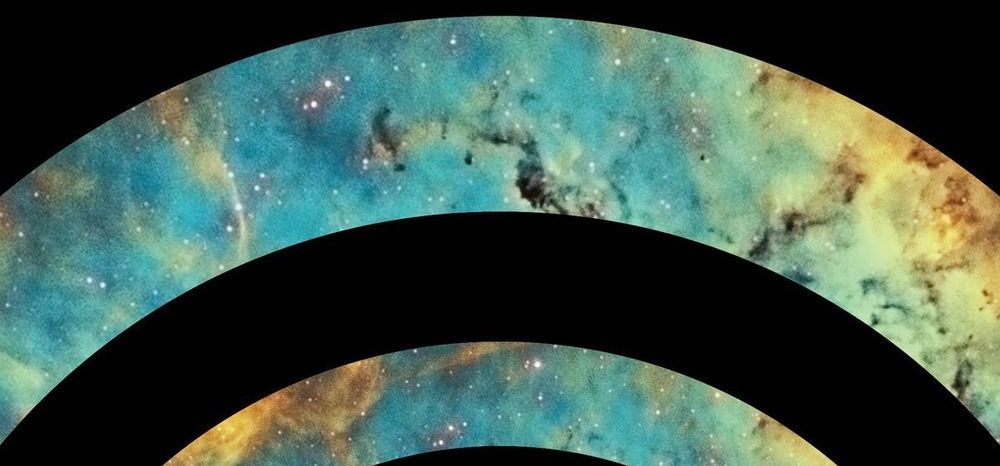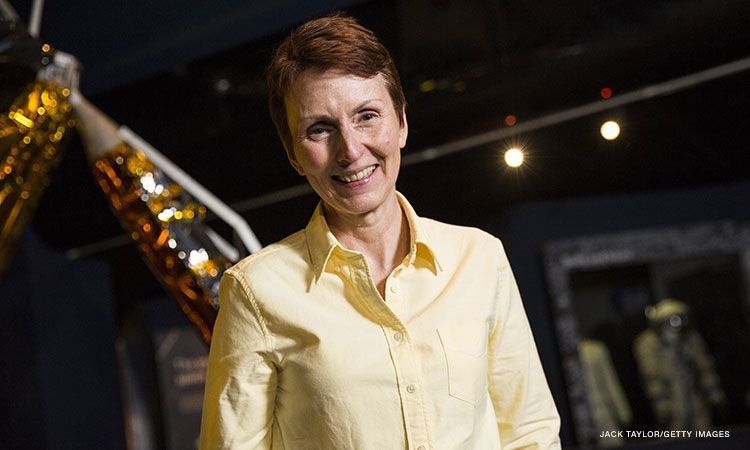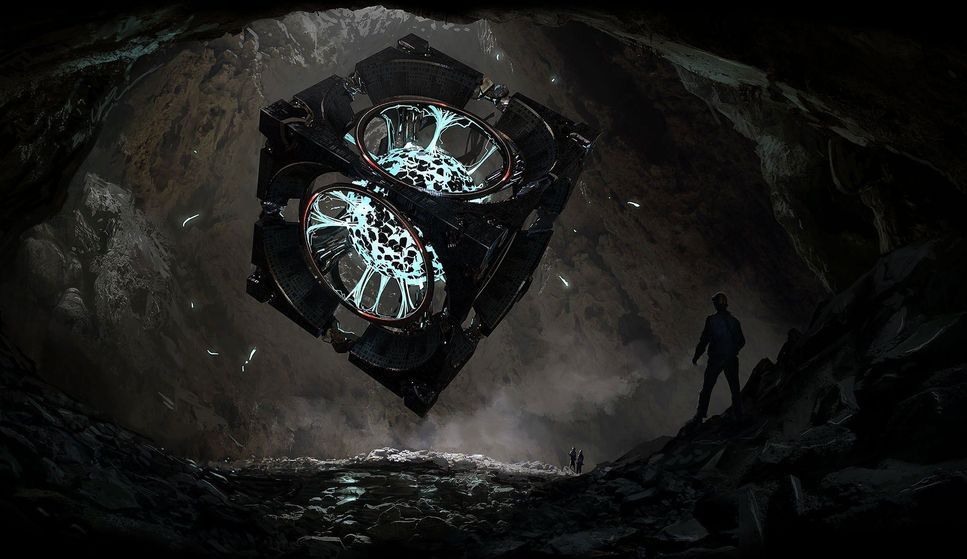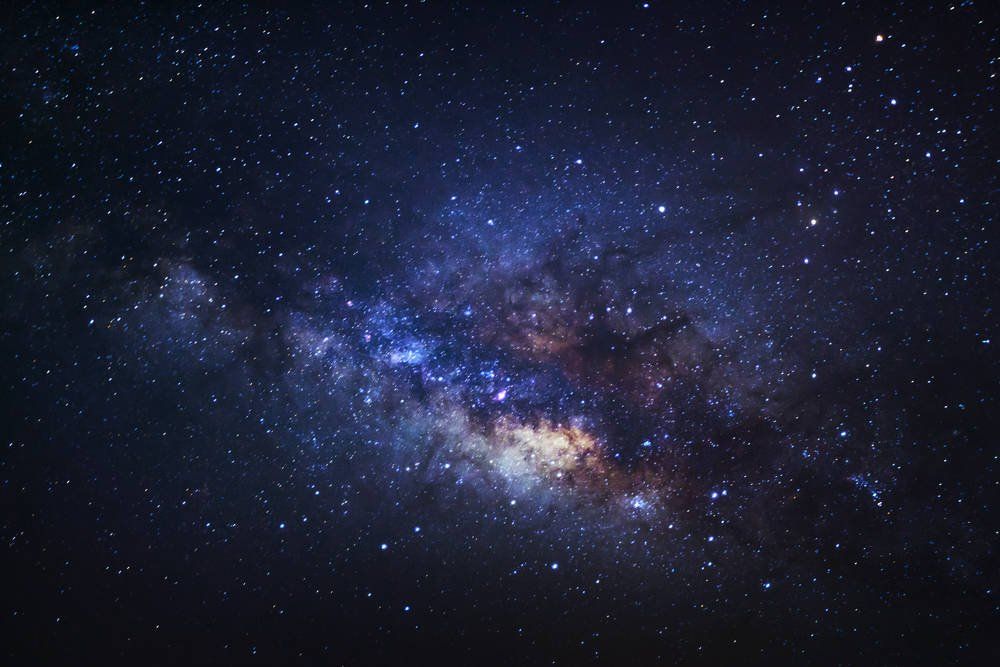Astronomy and space exploration might offer a new perspective on our purpose in the cosmos.



Circa 2017(article) essentially higgs mode could help be a developer mode for creating life or universes really anything creating unparalleled technology even invulnerable metals or nearly impossible properties.
In this book, Merali explores the possibilities of creating an infant universe in a laboratory. Read on.

Many philosophers and scientists believe that we need an explanation as to why the laws of physics and the initial conditions of the universe are fine-tuned for life. The standard two options are: theism and the multiverse hypothesis. Both of these theories are extravagant and arguably have false predictions. Drawing on contemporary philosophy of mind, I outline a form of panpsychism that I believe offers a more parsimonious and less problematic explanation of cosmological fine-tuning.

If you ask astronomers how many planets in the universe harbor life, they will likely say there are only two possible answers: one or infinity. We can rule out zero, thanks to the decidedly alive Earth, which means that so far one is the answer. But if we discover another, the answer jumps straight past two to infinity. The reason: You can posit a universe in which the confluence of factors that made life possible here are so complex that the right roll of the dice could statistically happen only once. But if it can happen more than once, why should there be any limit? (Actually, something could be so rare in nature that it happens only two or three times, but the overall zero-one-infinity idea originated with theologians debating atheism, monotheism and infinite polytheism, and planetary scientists just kind of liked it and claimed it as their own.)
Humans have always hoped for infinity, since it would be an awfully lonely universe if we’re the only planet with its porch light on. And with the recent explosion in the discovery of exoplanets (planets orbiting other stars), astronomers now believe that virtually every star in the Milky Way is circled by at least one planet. There are up to 250 billion stars in our galaxy and about 100 billion other galaxies out there—trillions upon trillions of places life could be thriving.
In their search for such worlds, astronomers focus their energy on Earth-like, rocky planets, with atmosphere, water and an orbit that places them in the so-called habitable zone, where temperatures are just right for the water to exist in liquid form. Last week, NASA announced a jackpot: an Earth-sized world in the habitable zone of a hospitable star, just 100 light years from here. The star is known as TOI 700 and the planet is TOI 700 d, the outermost of a litter of three planets. TOI 700 is a red dwarf, a class of stars smaller and cooler than our sun, which were at first thought of as poor candidates for nurturing life, due to their relatively low temperature. But the fact is, as long as the planets orbit close enough to the hearth of the star, they get plenty of light and warmth—and TOI 700 d does.

Aliens definitely exist, Britain’s first astronaut says — and it’s possible they’re living among us on Earth but have gone undetected so far https://bit.ly/36rLA2E
(CNN) — Aliens definitely exist, Britain’s first astronaut has said — and it’s possible they’re living among us on Earth but have gone undetected so far.
Helen Sharman, who visited the Soviet Mir space station in 1991, told the Observer newspaper on Sunday that “aliens exist, there’s no two ways about it.”
“There are so many billions of stars out there in the universe that there must be all sorts of different forms of life,” she went on. “Will they be like you and me, made up of carbon and nitrogen? Maybe not.”

Fun topic, real or not.
Dan Burisch, a doctorate in microbiology and former worker of the secret military forces of the United States, details great puzzling information about extraterrestrials, the Orion Cube, time machines, secret government plans and human extinction.

Dan Burisch, born in California in 1964, studied microbiology and psychology at the University of Las Vegas, Nevada. He graduated in 1986 and did a Ph.D. in microbiology in 1989 in the state of New York. A sports fan since childhood, he played basketball. But his true passion was science and five years later he was given his first microscope, after which he later became the youngest member of the microbiology society of Los Angeles.
||The formation of a black hole triggers the formation of a new Universe||
How the heck would it do that? A black hole is nothing but intense gravity. How could it create anything, least of all a brand new Universe? Also assumes that each Universe is governed by the same regularities so that black hole formation is possible. But if the regularities (“laws”) are the same, then the fundamental constants will be the same!
Load of fanciful poppycock.
Thanks to Brilliant for supporting PBS.
What if every single black hole that formed in our universe sparked the big bang of a new universe? Cosmological natural selection proposes exactly this — but even better, it claims to be able to test the hypothesis.

The Milky Way could be teeming with interstellar alien civilizations, according to a new study. We just don’t know about it because they haven’t paid us a visit in 10 million years.
The study, published last month in The Astronomical Journal, posits that intelligent extraterrestrial life could be taking its time to explore the galaxy, harnessing star systems’ movement to make star-hopping easier.
The work is a new response to a question known as the Fermi Paradox, which asks why we haven’t detected signs of extraterrestrial intelligence.

